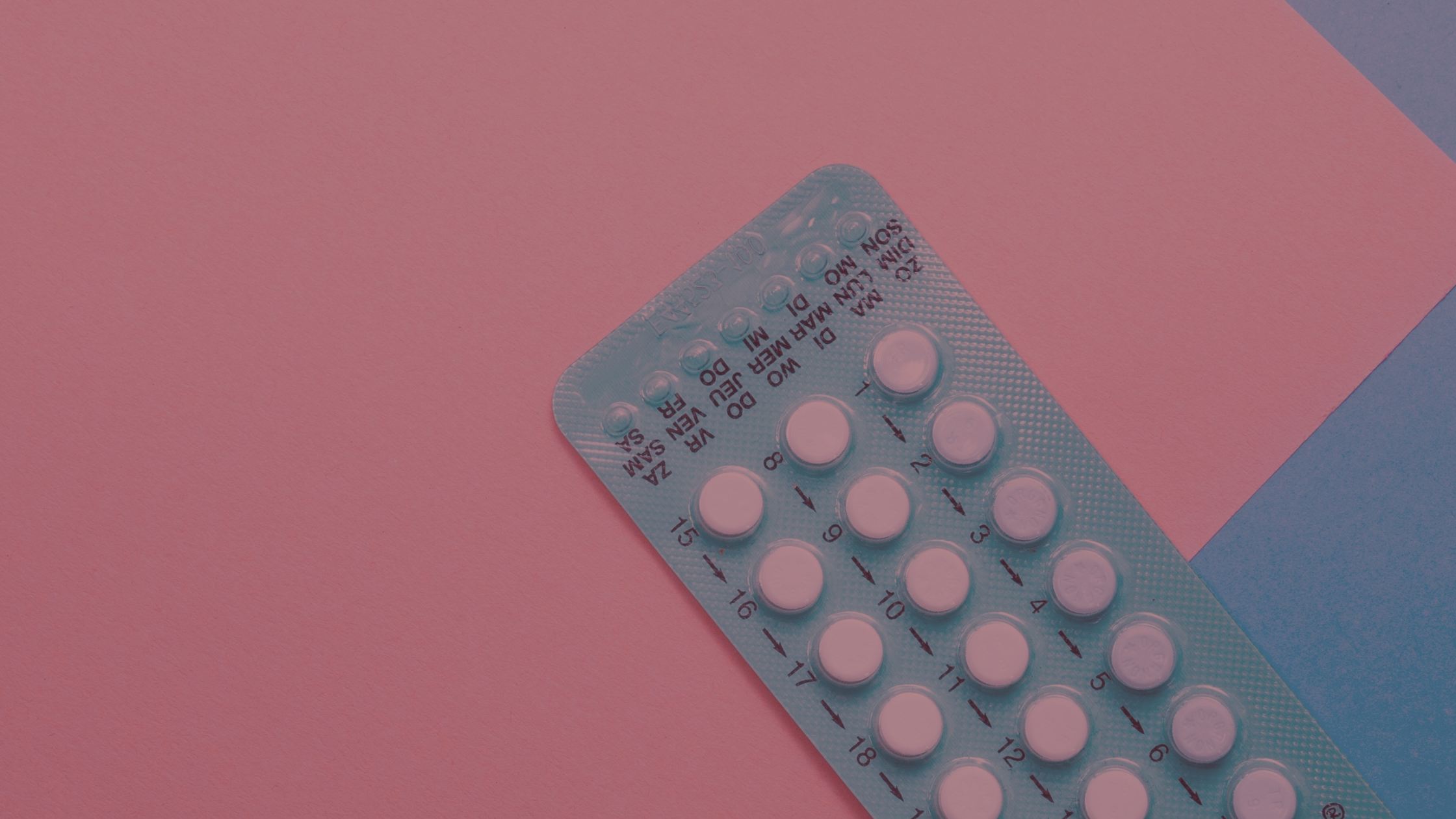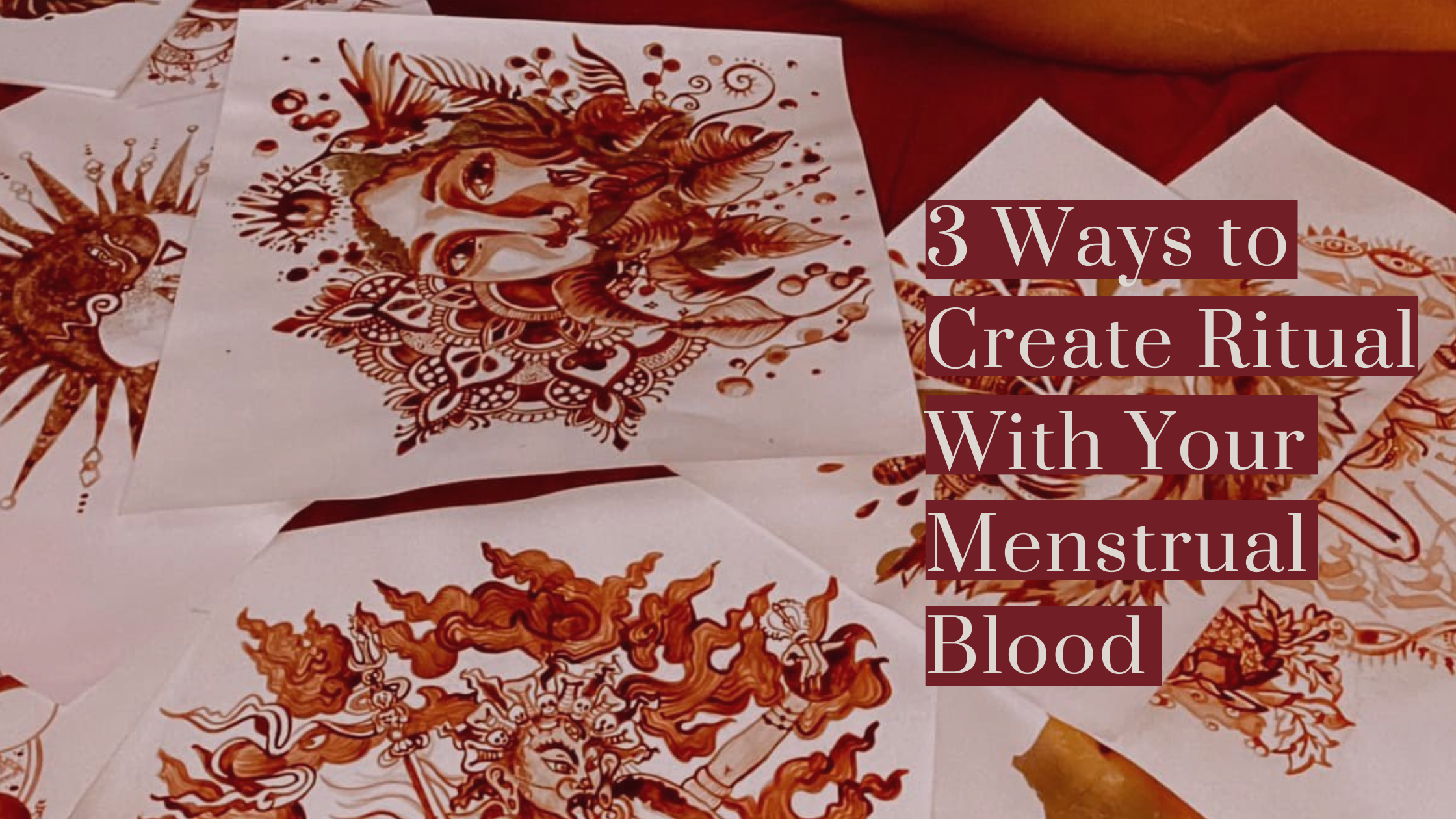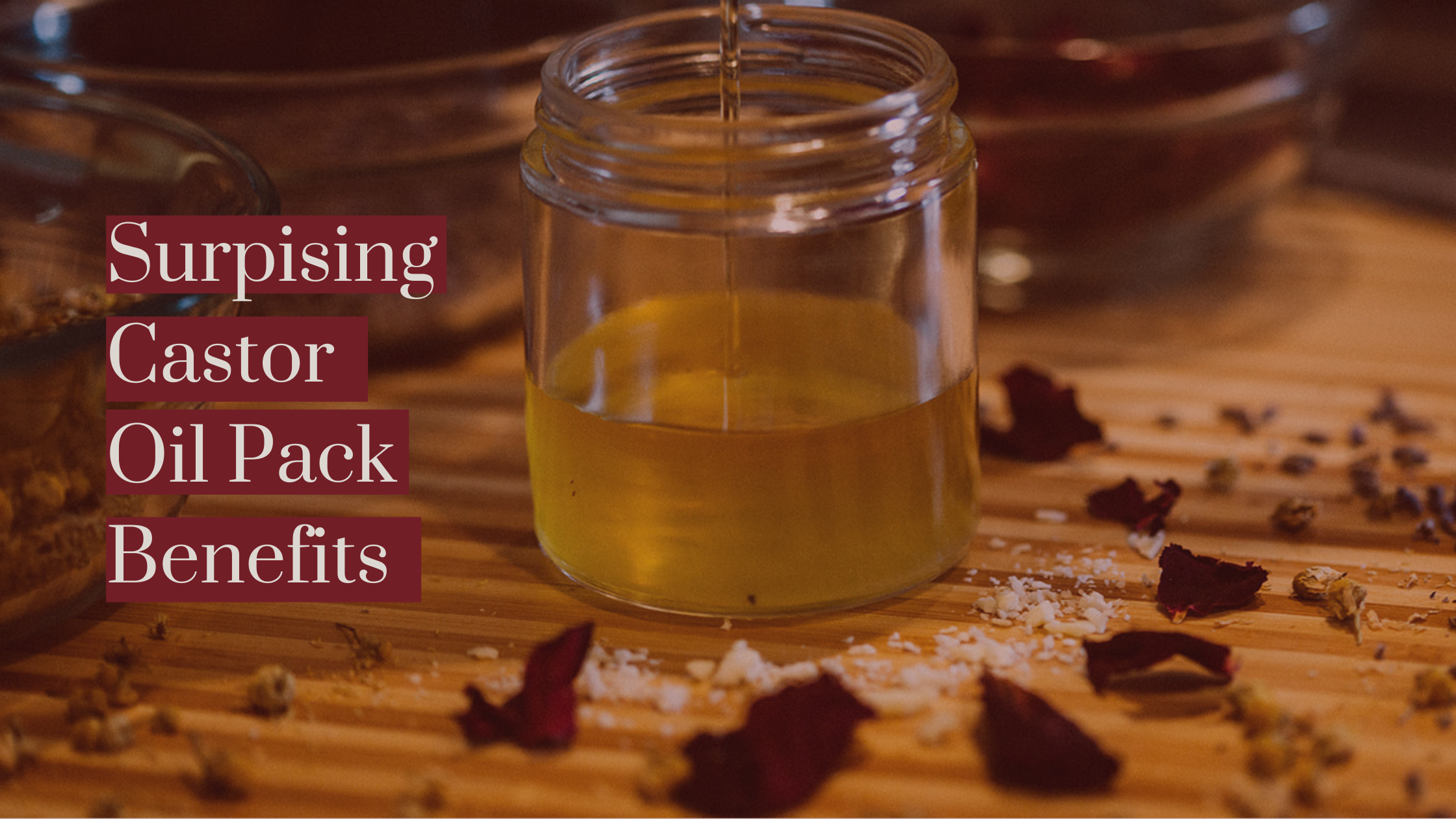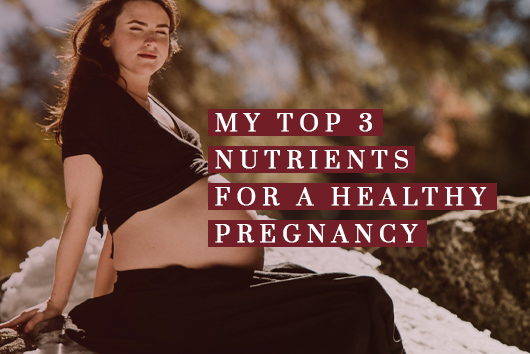The Birth Control Pill: What Does It Really Do To Your Body
Usha Anandi. 07 | JUNE | 2022
When the pill was first introduced, it was promoted as female liberation.
“Take this and you’ll be free to explore your sexuality!”….

But is taking an oral contraceptive pill everyday really the key to female liberation?
I’m not a Doctor and I don’t pretend to be on the Internet. And in no way is this medical advice.
But I think of the 15 year-old me who sat in my Doctor’s office and was handed a green-pack of birth control pills. No explanation or education as to how the pill worked, what it would do to my body, or the possible implications on my future fertility.
No one should have to go through that. So today, I’m laying down some little-known facts about the pill with hopes to demystify its use.
If reclaiming the power of your menstruation and becoming fluent in the language of your body is something you have been yearning for, I have just the program for you…
The Breathing, Bleeding, Being Menstrual Reclamation Course teaches you how to harmonize your life with a cyclical way of being. So if you’re looking to flow instead of force and heal yourself from period irregularities, then this is your time.
Today, I’m laying down the facts for you, answering questions like:
- How does the pill work?
- What is the combo birth control pill versus the progesterone only pill?
- What are the pros of the pill?
- What are the cons of the pill?
I don’t believe in telling you what’s right for your body. Instead, I try to focus on laying out the information so that you can decide.
I am, however, biased. I spent 5 hellish years on the pill and would never consider it as an option again.
But there must be a reason that over 100 million women and people with wombs take the pill, right?
Is the pill the right birth control for you? Watch the video below and decide.
The question every womban should know the answer to before they put any synthetic pill in their body is: How does it work?
Let’s break it down. There are two kinds of pills on the market.
The first, a combined pill made of synthetic versions of the sex hormones estrogen and progesterone.
The second, a synthetic progesterone only pill, known as the mini-pill.
Most people who are taking the pill in the US are on the combo pill, so that’s what I focus on in this blog and the video.
Now that we know which kind of pill we’re focusing on, let’s get back to the question… how does the pill work?
The combination pill works by suppressing ovulation, the physiological process of releasing a mature egg from the ovary for fertilization.
Usually, you take 21 days of the combo pill, and 7 days of the placebo pill (a pill that has no actual synthetic hormones inside, but supports you in keeping up the daily habit of taking your pill).
Although many on the placebo days will get a menstrual-cycle-like bleed, getting a pseudo period while on the pill isn’t the same. Because you don’t ovulate on the pill, your body hasn’t gone through the process of building up the uterine lining with progesterone.
Because of this, I refer to the period-like bleed many get on their placebo days while taking the pill as a breakthrough bleed, to differentiate between a biological hormone-induced bleed (aka what may happen if you’re not on any synthetic hormones), and a synthetic hormone induced bleed (i.e. breakthrough bleed on the pill).
Let me be clear because I get this question a lot, when you’re on the pill, you’re not ovulating. And you’re not having a biological hormone-induced bleed either.
Pros of the Pill
- Highly effective: The pill is 99% effective when used correctly and taken at the same time everyday. With typical human use (because no one I know is a perfect robot), that statistic drops to 91% efficacy.
- Oldest hormonal contraceptive: The pill was the first hormonal contraceptive method introduced to the market, which means we have the most data around its side effects and efficacy.This is getting into the cons here, but I can’t write this blog and not mention the racist and unethical ways that the pill was tested and researched. You can read more about the hidden history of the pill here.
- Wide accessibility is another pro of the pill, meaning that it’s available in many countries and covered by most insurance in the U.S.
I do see the purpose of the pill. I recognize and acknowledge that access to the pill is life-changing and for some, empowering.
But as I mentioned, I’m not a fan of the pill. It’s important to me that you’re aware of my biases, and it would also be dishonest for me to hide the first-hand experience I’ve had with the pill and how it negatively impacted my body.
Cons
- First con of the pill is obvious, it’s not convenient.Efficacy drops to 8% when you forget to take it regularly, this makes it a challenging option for many women. If you struggle to take your vitamins in the morning, or drink water throughout the day, are you really going to remember to take the all-important pill at the same time?Something to think about.
- The pill suppresses ovulation.Okay, I know what you’re thinking here… “But Usha, isn’t that the whole damn point?!”“Why else would I put myself through the side effects of spotting and breakthrough bleeding, nausea, breast tenderness, headaches, weight gain, elevated blood pressure, and decreased sex drive while on the pill?” (and yes, those are the actual side effects of the combo pill).Hey theoretical voice, you’re right. If you don’t ovulate, you can’t get pregnant.Ovulation is an important biological process, essential for the health of every woman, whether or not you want to get pregnant. The hormones created in an ovulatory cycle nourish brain, bone, breast, and heart health, among other things.It is naive to think that we could suppress a natural function of the body without side effects. And the pill doesn’t just suppress ovulation, it has other impacts on your hormones, too.Because the pill is taken orally, it has to travel through the bloodstream to reach your pelvic organs. This means the pill is systemic, impacting much more than just reproductive centers, but impacting liver, kidney, and endocrine glands in the brain, too.The pill disrupts the connection between your ovaries and your brain. With ample synthetic hormones, the endocrine glands in the brain can get confused and think there are enough, so they stop telling your ovaries to produce natural hormones too.This is likely one of the reasons that it can take 3 – 6 months to get your menstrual cycle back after being on the pill, as it takes time to re-establish the connection. Research also shows that the pill has an impact on ovarian reserve, the number of immature eggs inside of the ovaries. This is absolutely something to consider if you’re just going on hormonal contraception now, with the hopes to conceive in the future.
- Lowers sex drive.Remember that vintage ad I showed you in the beginning? If the pill is the key to sexual liberation, it’s kind of ironic that it actually lowers sex drive, isn’t it?By reducing available testosterone, the pill directly impacts our sex drive. If you are nourished by sexual connection with yourself or others, this is something to consider before going on the pill.
Our mission here at Womben Wellness is to put the power back in your hands.
That’s why I created the Breathing, Bleeding, Being Menstrual Reclamation Course – so that you had the education and vocabulary to understand the inner workings of your body.
What you’re getting side Breathing, Bleeding, Being:
- 10+ Hours of lectures on the four phases of the menstrual cycle
- In-depth teachings on hormonal changes, energetic shifts and lifestyle
- Common mistakes people make that disrupt their cycle
- Embodiment Assignments for Each Phase
- Guided Movement-Based Exercises for Each Phase
- Herbal Recipes for Menstrual Cycle Healing
- Dietary and Nutritional Shopping Lists for Each Phase
It’s time to explore the four distinct phases of your menstrual cycle through an intuitive lens that empowers you to take charge of your fertility and remember your inherent sacredness.




